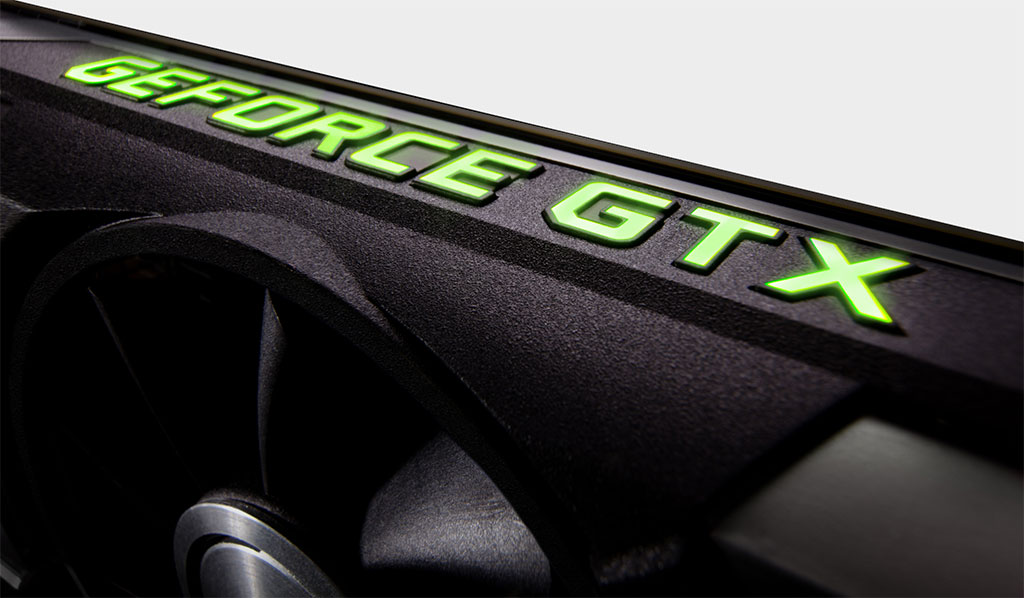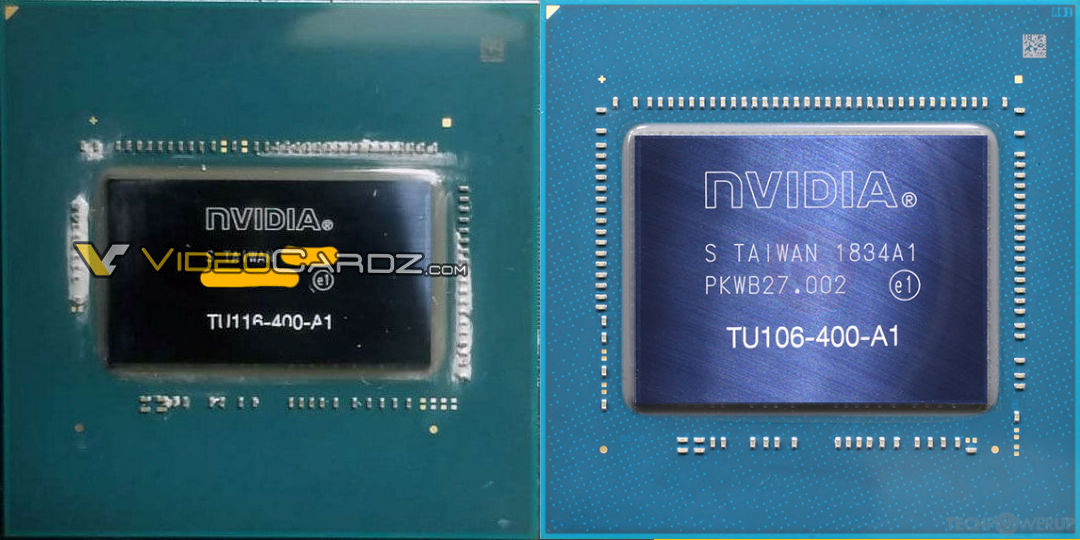First purported pictures of a naked GeForce GTX 1660 Ti hint at a new GPU
A smaller die indicates some RTX features might be missing and not simply disabled.

Update: The GeForce GTX 1660 Ti and GeForce GTX 1660 reviews are now live, if you want to see how the cards stack up with real-world benchmarks.
Nvidia is rumored to be readying a GeForce GTX 1660 Ti graphics card based on its Turing GPU architecture, but without RTX goodies like real-time ray tracing and Deep Learning Super Sampling (DLSS) support. The question is, would those features simply be disabled, or might Nvidia make a completely new GPU? Photos purporting to show a naked GeForce GTX 1660 Ti may provide the answer.
Bearing in mind that nothing is yet official, the folks at Videocardz posted a few photographs of what they claim is an MSI GeForce GTX 1660 Ti Ventus XS graphics card, with its heatsink and shroud removed. The reason this is interesting is because it gives us a look at the actual GPU, which we can compare with existing RTX silicon.

One of the shots compares the TU116-A400-A1 GPU (courtesy of Videocardz) found in the rumored GeForce GTX 1660 Ti with a TU106-400-A1 GPU (courtesy of TechPowerUp) that is used in the GeForce RTX 2070. The die on the former is noticeably smaller than the die on the latter.
If the pictures are real, this suggests the new GPU will lack dedicated RT cores, and probably won't have any Tensor cores, either. Those are the not-so-secret ingredients of Nvidia's RTX technology that handle ray tracing and DLSS chores, respectively.
The lingering question we have is how the new TU116 will compare to Nvidia's existing GeForce GTX 10-series (Pascal) cards. Theoretically it only has up to 2,304 CUDA cores, so it's basically a GeForce RTX 2070 without ray tracing or DLSS support. That would put it in the performance league as a GeForce GTX 1080, in a chip that's not coincidentally roughly the same size as the GP104.
It's Turing without RT and Tensor, but the same can almost be said about Pascal. So, what's the point? We'll have to wait and see, but if (and this is a big 'if') Nvidia comes out with an aggressive price point, it could have something compelling on its hands. As Nvidia recently noted ever-so-bluntly, sales of its GeForce RTX cores have not met expectations, because of the premium prices and lack of RTX support in the majority of games.
Keep up to date with the most important stories and the best deals, as picked by the PC Gamer team.
"These products deliver a revolutionary leap in performance and innovation with real-time ray tracing and AI, but some customers may have delayed their purchase while waiting for lower price points and further demonstrations of RTX technology in actual games," Nvidia said.
Those sales figures don't take into account the GeForce RTX 2060, which is now the most affordable RTX card on the market. That means the GeForce GTX 1660 Ti would be going up against both previous generation Pascal cards, and the current-gen GeForce RTX 2060. It would need to be faster than the former and cheaper than the latter to make sense.
Stay tuned.
Paul has been playing PC games and raking his knuckles on computer hardware since the Commodore 64. He does not have any tattoos, but thinks it would be cool to get one that reads LOAD"*",8,1. In his off time, he rides motorcycles and wrestles alligators (only one of those is true).


